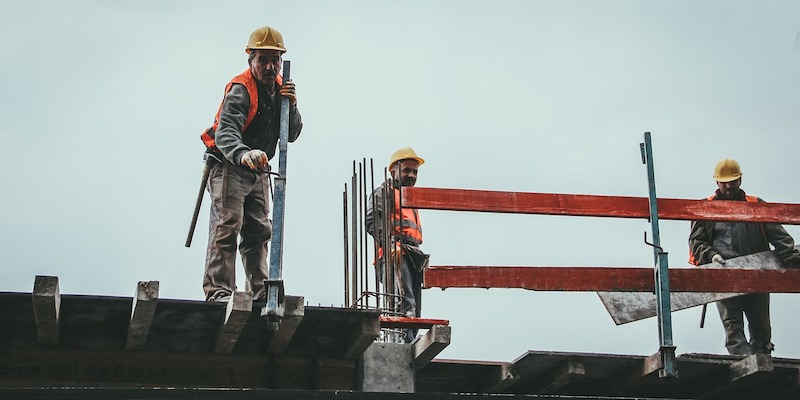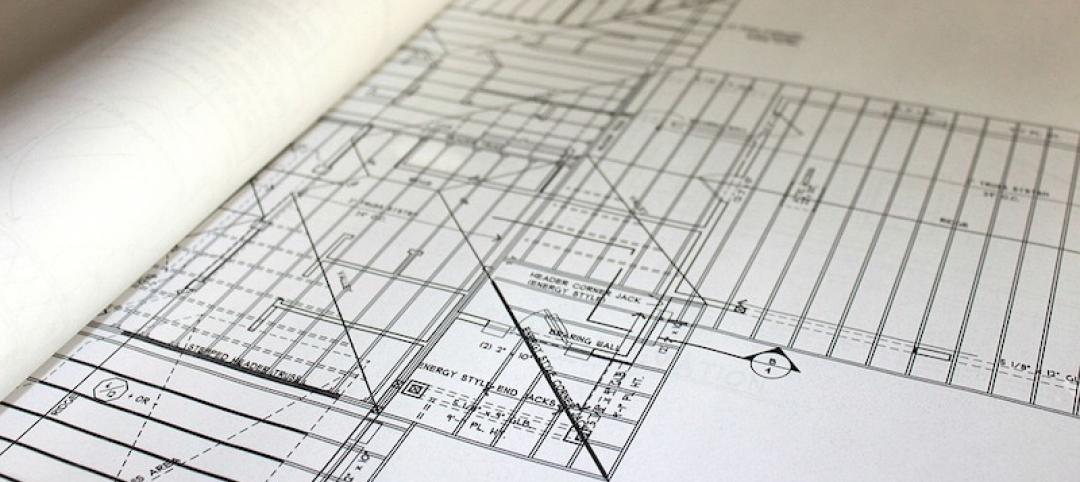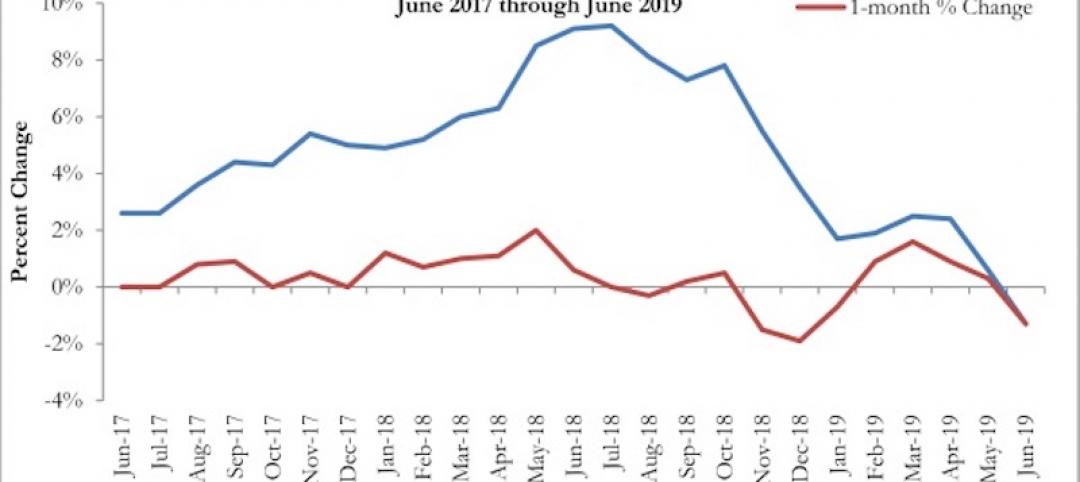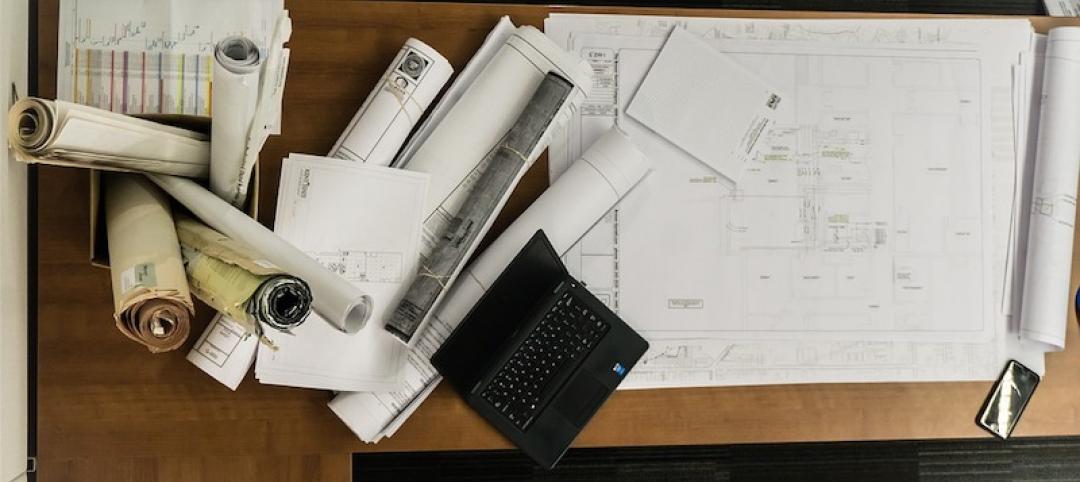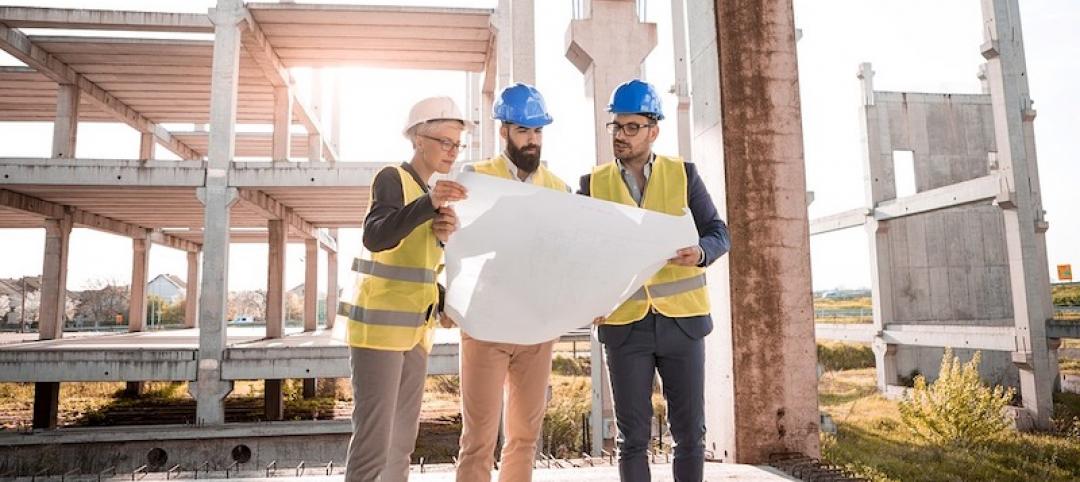Construction employment increased by 42,000 jobs in February and by 223,000 or 3.0% over the past 12 months, as the industry’s unemployment rate hit a new February low, according to an analysis of new government data by the Associated General Contractors of America. Association officials said some of the gains were attributable to mild winter weather in many parts of the country last month but added that the main reason for the gains was strong demand for construction services.
“Contractors are off to a fast start in 2020, adding 91,000 jobs in the first two months—the most in nearly two years,” said Ken Simonson, the association’s chief economist. “Although some of the gains probably reflect unusually mild winter weather in much of the nation, there is no question that contractors have been upbeat about the volume of work available.”
Total construction employment climbed to 7,646,800, the highest level since July 2007, with gains in both residential and nonresidential employment. The 3.0% growth in construction employment between February 2019 and February 2020 was nearly double the 1.6% increase in total nonfarm payroll employment. Average hourly earnings in construction – a measure of all wages and salaries – increased 3.0% over the year to $31.35. That figure was 9.9% higher than the private-sector average of $28.52¬.
Simonson observed that both the number of unemployed workers with recent construction experience – 531,000 – and the unemployment rate for such workers – 5.5% – were the lowest ever for February in the 21-year history of those series. He said these figures are consistent with reports from contractors as part of the association’s annual outlook that experienced construction workers are hard to find.
The employment data were collected in mid-February. Since then, the novel coronavirus has begun to affect some industries, but there have been no reports of construction sites being affected or of projects being deferred or canceled, the economist noted.
Association officials said that it is hard to estimate whether the spreading coronavirus will have a significant impact on future demand for construction or the sector’s employment levels. They said the best way for Washington officials to address the economic uncertainty was to act quickly to pass measures to rebuild the nation’s airports, waterways, highways and transit systems. They added that the association was launching a new round of advertising via its Americans for Better Infrastructure Campaign to educate constituents and members of Congress on the economic benefits of investing in infrastructure.
“The industry clearly benefitted from strong demand in February, but it is unclear whether and how the coronavirus might impact construction employment,” said Stephen E. Sandherr, the association’s chief executive officer. “Passing new infrastructure measures will support needed fixes to our transportation network while adding a new level of stability in what are likely to be uncertain times.”
Related Stories
Market Data | Jul 18, 2019
Construction contractors remain confident as summer begins
Contractors were slightly less upbeat regarding profit margins and staffing levels compared to April.
Market Data | Jul 17, 2019
Design services demand stalled in June
Project inquiry gains hit a 10-year low.
Market Data | Jul 16, 2019
ABC’s Construction Backlog Indicator increases modestly in May
The Construction Backlog Indicator expanded to 8.9 months in May 2019.
K-12 Schools | Jul 15, 2019
Summer assignments: 2019 K-12 school construction costs
Using RSMeans data from Gordian, here are the most recent costs per square foot for K-12 school buildings in 10 cities across the U.S.
Market Data | Jul 12, 2019
Construction input prices plummet in June
This is the first time in nearly three years that input prices have fallen on a year-over-year basis.
Market Data | Jul 1, 2019
Nonresidential construction spending slips modestly in May
Among the 16 nonresidential construction spending categories tracked by the Census Bureau, five experienced increases in monthly spending.
Market Data | Jul 1, 2019
Almost 60% of the U.S. construction project pipeline value is concentrated in 10 major states
With a total of 1,302 projects worth $524.6 billion, California has both the largest number and value of projects in the U.S. construction project pipeline.
Market Data | Jun 21, 2019
Architecture billings remain flat
AIA’s Architecture Billings Index (ABI) score for May showed a small increase in design services at 50.2.
Market Data | Jun 19, 2019
Number of U.S. architects continues to rise
New data from NCARB reveals that the number of architects continues to increase.
Market Data | Jun 12, 2019
Construction input prices see slight increase in May
Among the 11 subcategories, six saw prices fall last month, with the largest decreases in natural gas.


